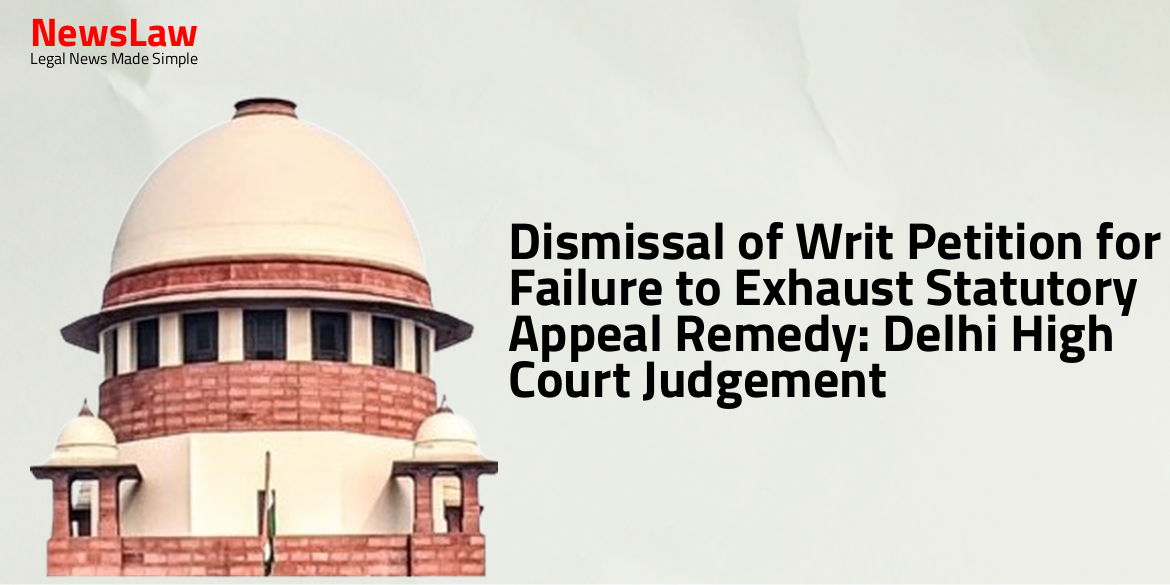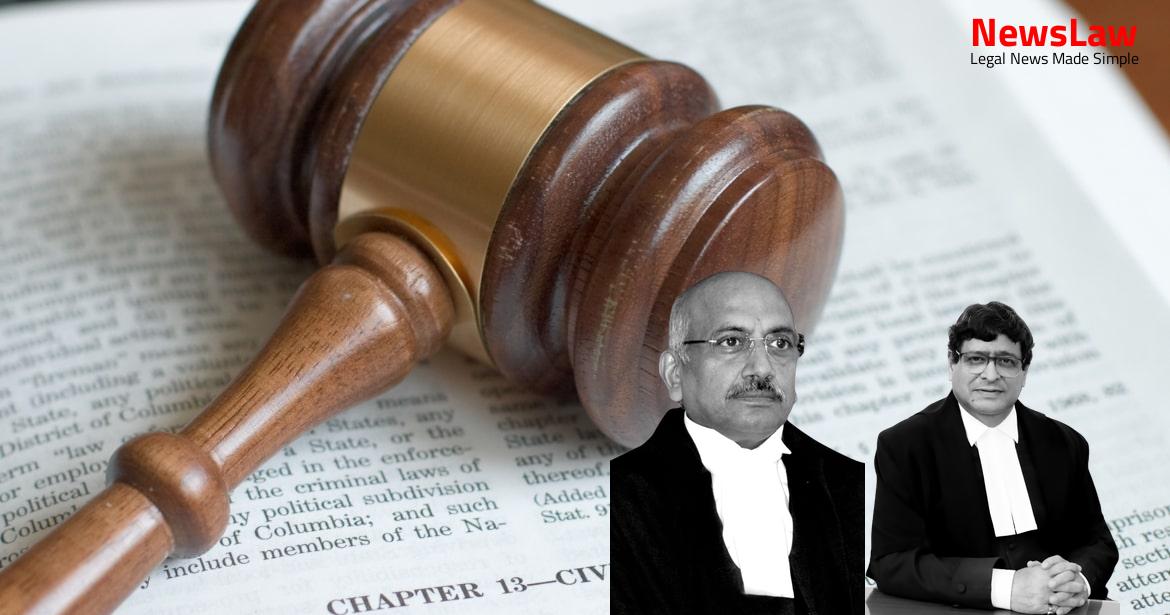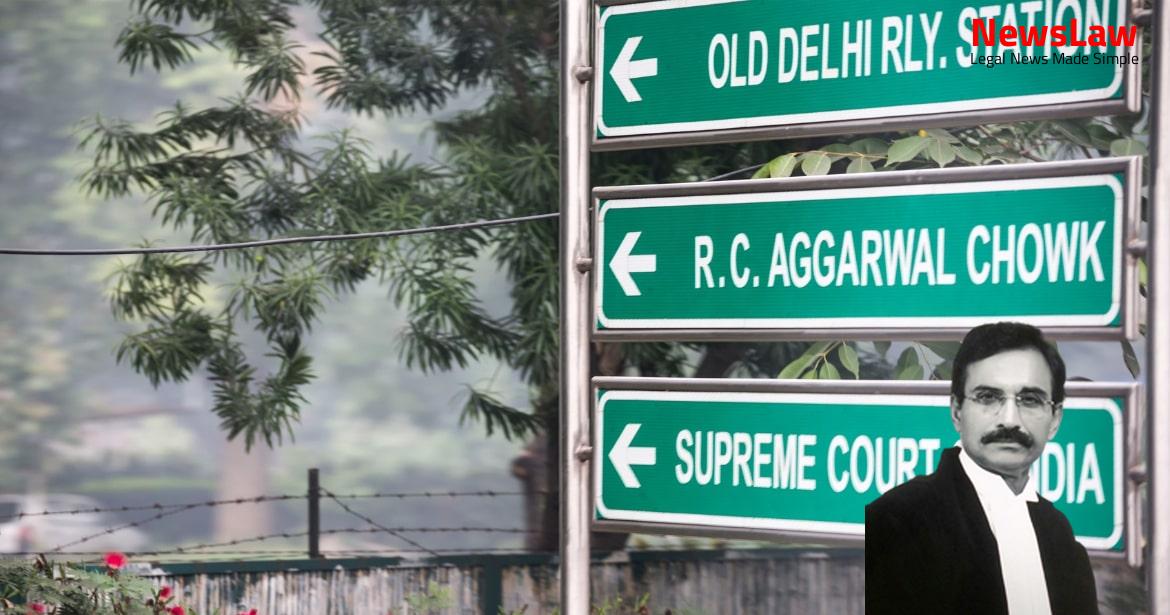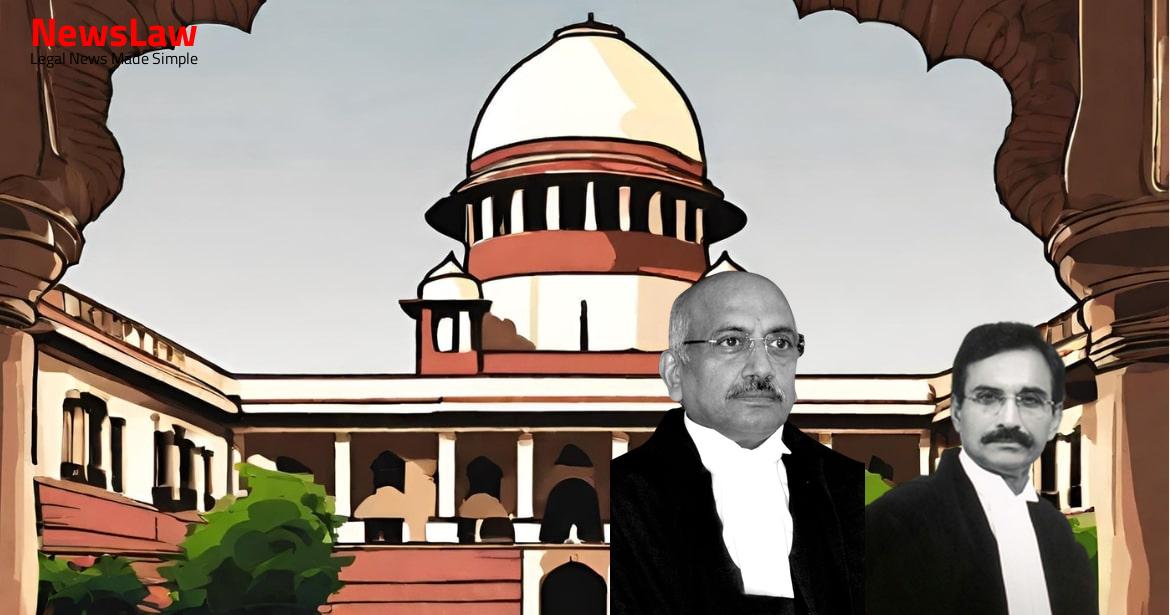In a recent judgement by the Delhi High Court, a writ petition was dismissed due to the failure of the petitioner to exhaust the statutory appeal remedy provided under the Employee’s Compensation Act, 1923. The case involved a dispute between the petitioner and the respondent regarding the employment status of the deceased individual. Despite the available alternative remedy, the petitioner directly approached the Court through a writ petition under Articles 226/227 of the Constitution of India. Let’s delve into the details of this significant legal ruling.
Facts
- The petitioner has filed a petition seeking quashing of the impugned orders dated 19 March, 2024 and 23 April, 2024 passed by the Commissioner under the Employee’s Compensation Act, 1923.
- The deceased, who was the husband of Late Shri Bali Singh, was employed with M/s Wyan Auto Industries LLP, a sister concern of the petitioner.
- During his employment with M/s Wyan Auto Industries LLP, the deceased met with an accident and passed away on 7 June, 2022.
- Responding to the claims made by the legal heirs of the deceased, the petitioner filed an application stating that the deceased was never employed by them and was not an employee at the time of his death.
- Following the reply by the respondents in March and April 2024, the petitioner filed the instant petition seeking to quash the orders passed by the Commissioner.
Arguments
- The petitioner has approached the Court under its writ jurisdiction without exhausting the alternate statutory appeal remedy provided under Section 30 of the Act.
- The petitioner entity is not the employer of the deceased individual as clarified by bank statements showing salary credits from M/s Wyan Auto Industries LLP.
- The respondents allegedly concealed the fact that M/s Wyan Auto Industries LLP made efforts to compensate the deceased’s widow.
- The onus is on the employee to prove the employer-employee relationship, and the respondents failed to provide key employment documents of the deceased with the petitioner.
- The petitioner’s application clarifying its non-employment of the deceased was dismissed without proper hearing or notice.
- The petition seeks relief based on these arguments and challenges the maintainability of the writ petition based on a similar case precedent.
- Respondent argues for the dismissal of the petition based on maintainability.
- They point out the failure of the petitioner to exhaust the alternative remedy under the Employee’s Compensation Act, 1923.
- The respondent claims that the petitioner has directly approached the Court through a writ petition under Articles 226/227 of the Constitution of India.
- It is suggested that the petition be dismissed due to these reasons.
Analysis
- Section 30 of the Act allows for appeals to the High Court within 60 days.
- The petitioner did not appeal to the High Court as per Section 30 but filed a writ petition under Articles 226/227.
- The issue of maintainability is raised by the respondents due to failure to exhaust the alternate remedy of appeal.
- The principle of law regarding the exhaustion of alternate remedies before approaching the High Court is discussed.
- A case law, Baban v. State of Maharashtra, established the non-maintainability of the petition due to the existence of an alternative remedy under Section 30 of the Act.
- The petitioner had approached the court through a writ petition under Articles 226/227 of the Constitution of India against the Commissioner’s orders.
- The court pointed out that there is an alternative remedy available to the petitioner under Section 30 of the Employee’s Compensation Act, 1923, to file an appeal, as per the judgments of different High Courts.
- High Courts have consistently held that Section 30 provides a proper and efficacious remedy, making the High Court the appropriate appellate forum for filing a statutory appeal.
- It was emphasized that the petitioner should have first availed the remedy under Section 30 of the Act for challenging the Labour Court’s judgment.
- The court highlighted that the Section 30 provision requires approaching the High Court for appeal and quashing the Labour Court’s judgment through a First Appeal.
- The judgment and directions of the Labour Court under Section 31 would legally stand unless overturned by a First Appeal in the High Court.
- The court dismissed the writ petition, citing that the petitioner had the liberty to approach the appropriate forum for redressal by filing a statutory appeal under Section 30 of the Act.
- It was noted that the writ jurisdiction should be sparingly invoked and only after exhausting all alternative remedies, especially those provided under the statute.
- The dismissal of the second petition does not prevent the petitioner from challenging the Labour Court’s judgment under section 30 of the Act.
- The Division Bench of Chhattisgarh High Court addressed a case titled S.K. Industries v. State of Chhattisgarh, where a non-maintainable petition was dismissed due to an alternative remedy available under Section 30 of the Act.
- The instant petition is deemed not maintainable.
- The petitioner did not exhaust the alternate remedy of filing a statutory appeal.
- The current petition is to be dismissed based on the lack of exhausting alternate remedies.
- No observations have been made regarding the merits of the petition.
Decision
- The instant petition has been dismissed as it is non-maintainable.
- Any pending applications have also been dismissed.
- The petitioner is advised to approach the appropriate forum of law under the Act for redressal of grievances.
- Time spent in pursuing the current litigation will be excluded while calculating the limitation period.
Case Title: M/S. WYAN INDUSTRIES PVT. LTD. Vs. SMT. ISHWARI DEVI AND ANOTHER (2024:DHC:4488)
Case Number: W.P.(C)-6677/2024



